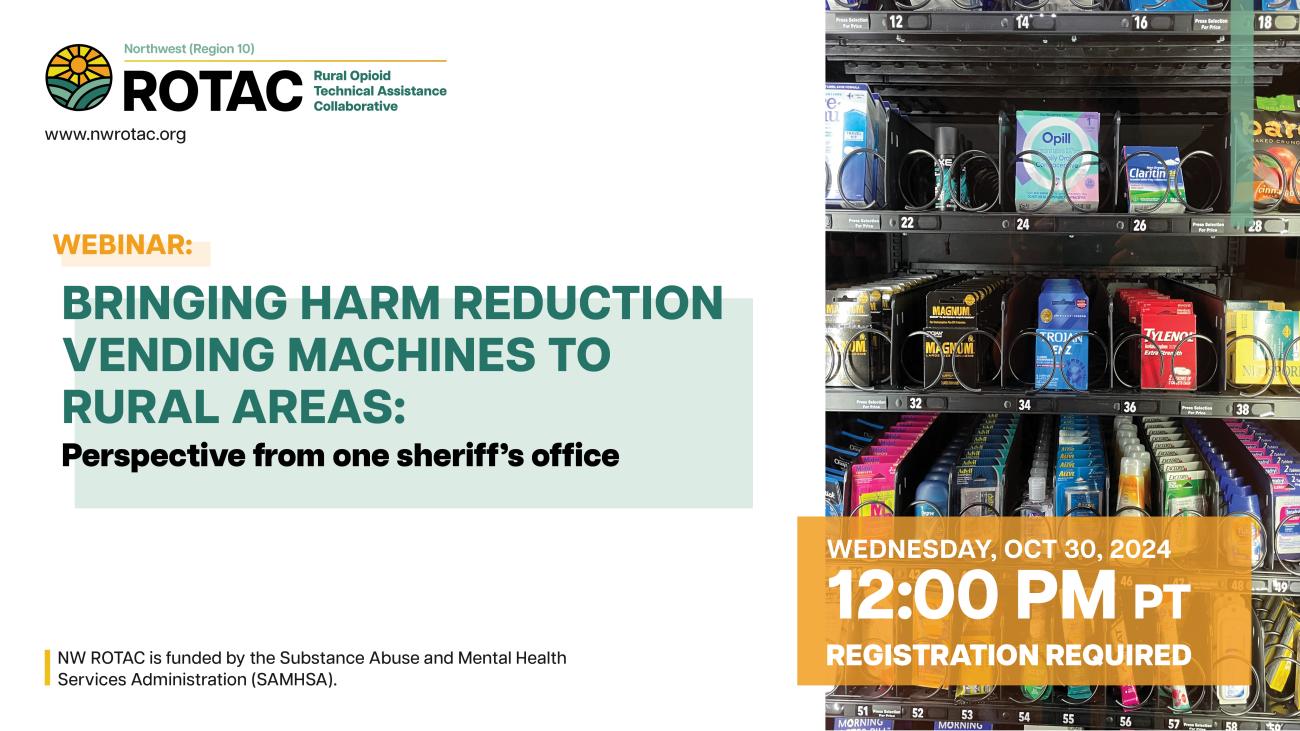Bringing Harm Reduction Vending Machines to Rural Areas: Perspective From One Sheriff's Office
SPEAKER
Melanie Menear, MHA, MSN, RN CCHP
HealthCare Services Administrative Manager, Clackamas County Sheriff’s Office, Jail Division
Mrs. Menear is a registered nurse working with incarcerated adults at Clackamas County jail in Oregon City, OR. Her primary role oversees in-custody health care, mental health care, and substance abuse treatment programs provided through the contract health vendor. She is also responsible for compliance for national and state accreditation of the jail’s health services programs. In addition to her work for Clackamas County, Mrs. Menear works with other correctional facilities in Oregon who are looking to improve health care, mental health care, and substance abuse treatment for in-custody clients. Her work with substance abuse treatment in corrections has led to the development of the Clackamas County Jail-Based Substance Use Treatment program which is national recognized, and has played an integral part in helping to advance the care of in-custody clients with substance use disorder and medication assisted treatment.
DESCRIPTION
Harm reduction vending machines are an evidence-based strategy to provide essential harm reduction supplies. Similar to food or beverage vending machines, harm reduction vending machines can be placed and utilized to meet specific access disparities. Vending machines stocked with supplies such as sterile injection equipment, condoms, sharps containers, first aid kits, naloxone, and pregnancy tests play an especially important role in rural communities. Amid the opioid addiction and overdose crisis, harm reduction vending machines have the potential to expand access to life-saving materials and reduce overdose morbidity and mortality.
OBJECTIVES
In this webinar, participants will:
-
Understand the funding, timeline, and support necessary to implement a harm reduction vending machine in Clackamas County
-
Learn what, how, and where to source materials
-
Become aware of logistical elements to consider prior to implementation including data collection, potential theft, and machine maintenance


